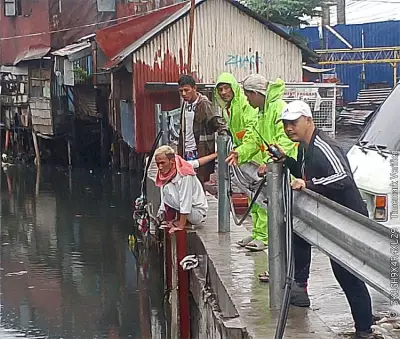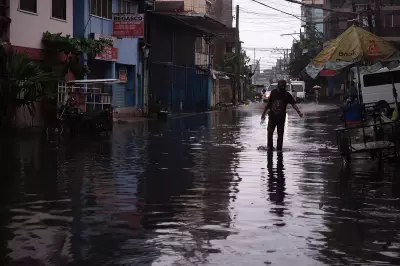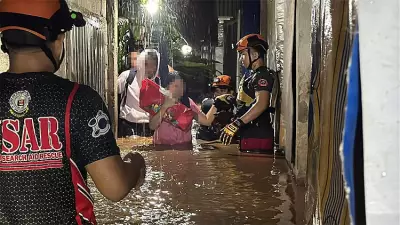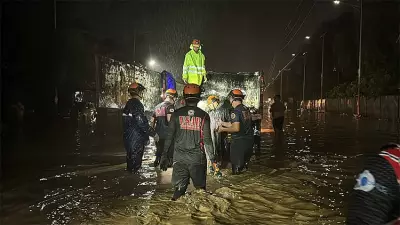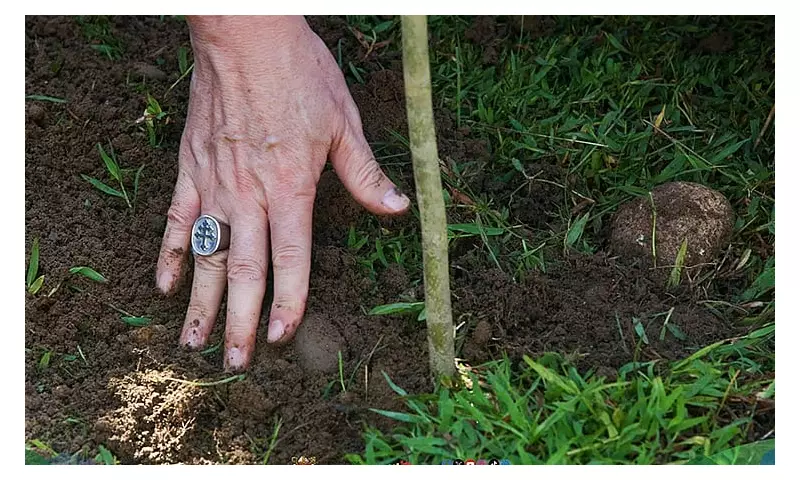
Cebu Religious Leader Issues Urgent Environmental Call to Action
In the wake of recent catastrophic flooding that submerged streets and destroyed homes across Cebu, a prominent religious voice has emerged with a powerful message of environmental responsibility and hope. The appeal comes as communities struggle to recover from the disaster that struck in early November 2025.
The Human and Environmental Cost
The flooding events that occurred around November 8, 2025 left deep scars on both the landscape and the people of Cebu. Residents witnessed their streets transformed into rivers, their homes swept away by powerful waters, and their dreams washed away in the deluge. The emotional toll has been immense, with families grieving losses and confronting the fragile nature of life itself.
What made this disaster particularly poignant was the recognition that these were not merely natural occurrences. The flooding resulted from human actions and failures - deforestation, river neglect, and careless construction practices. Nature itself seemed to be delivering a stark reminder of the interconnectedness between human activity and environmental consequences.
A Spiritual Response to Environmental Crisis
In response to this tragedy, a compelling vision has been put forward that connects environmental action with spiritual practice. The same hands that rise in prayer during religious services are now being called to dig, plant, and heal the wounded land. This perspective frames ecological restoration as both a practical necessity and a profound spiritual duty.
Every tree planted represents a prayer for healing, while each growing root system symbolizes a promise to future generations. The act of planting becomes a tangible expression of learning from past mistakes and committing to a new beginning.
Community-Wide Mobilization for Green Recovery
The proposed solution involves a comprehensive community effort that transcends traditional boundaries. The call to action extends to priests, students, workers, and families - everyone is encouraged to plant at least one tree and commit to its care and growth.
This initiative represents more than just environmental rehabilitation. It's about cultivating stronger hearts and greener hands throughout Cebu. The vision anticipates not just the reconstruction of physical structures, but the building of a more environmentally conscious and resilient community.
When communities plant trees, they effectively plant hope. Caring for creation becomes synonymous with caring for life itself. This approach recognizes that true recovery from disaster involves both rebuilding what was lost and creating something better and more sustainable for the future.
The message concludes with firm optimism about Cebu's ability to rise again - not just with stronger infrastructure, but with a renewed commitment to environmental stewardship that will protect the region for generations to come.

